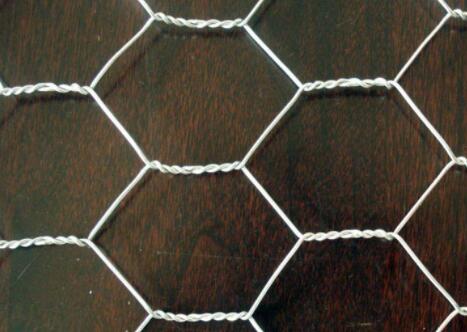Different Types of Building Nails A Comprehensive Overview
Nails are essential fasteners in the construction and woodworking industries, serving a fundamental role in connecting materials and ensuring structural integrity. Among the myriad varieties available, understanding the different types of building nails can greatly enhance the quality of any project, whether you are a professional contractor or a DIY enthusiast. This article explores the most common types of building nails, their unique characteristics, and their typical applications.
1. Common Nails
Common nails are perhaps the most recognizable type of nail, characterized by their thick shank, flat head, and tapered point. They are versatile and widely used in general construction tasks, particularly in framing, roofing, and sheathing. Available in various lengths and diameters, common nails provide robust holding power, making them suitable for heavy-duty applications. Their design allows for easy driving into wood, and they typically have excellent shear strength.
2. Finishing Nails
Finishing nails are similar to common nails but are much thinner with smaller heads. Their primary purpose is to allow for a clean, aesthetic finish on furniture, cabinetry, and trim work. These nails can be driven in just below the surface of the wood, allowing the holes to be filled and sanded over, providing a seamless appearance. Finishing nails are often used in applications where appearance is important, such as in door frames or moldings.
3. Brad Nails
Brad nails are even smaller than finishing nails and have a very thin shank. They are commonly used for delicate trimming and detail work, such as attaching veneer or thin moldings. Brad nailers, which are pneumatic tools designed for firing these nails, make the process quick and efficient. Due to their small size, brad nails create minimal damage to the surface, making them ideal for projects requiring precision.
different types of building nails

4. Duplex Nails
Duplex nails feature two heads, providing extra gripping power and making them easier to remove after use. These nails are typically used in temporary structures such as scaffolding, where they can be easily pulled out without damaging the surrounding materials. Their design allows for quick assembly and disassembly, making them a favorite among construction workers who need to erect and dismantle temporary setups rapidly.
5. Roofing Nails
Roofing nails are specifically designed for use in roofing applications. They usually have a large flat head to hold shingles in place and a sharp point for easy driving into roofing materials. Often made from galvanized steel to resist corrosion, roofing nails offer durability and longevity in harsh weather conditions. Their unique design ensures that roofing materials stay secure over time, providing protection against leaks and structural damage.
6. Concrete Nails
Concrete nails are specially formulated to penetrate hard surfaces like concrete and masonry. They are typically made of hardened steel and have a thick shank to withstand the high impact required for installation. These nails are commonly used in construction projects that require fastening wooden formwork to concrete or for attaching items to masonry walls. The use of a hammer or a nail gun designed for concrete improves efficiency in driving these tough nails.
Conclusion
In summary, understanding the different types of building nails is crucial for any construction project. From the robust common nails used in framing to the precise brad nails suitable for delicate finishes, each type serves a unique purpose that can either enhance or detract from the quality of the final product. Choosing the right nail not only affects the strength and durability of the construction but also influences the aesthetic appeal of the finished work. Therefore, being informed about the different types of nails allows builders and craftsmen to select the most appropriate fasteners for their specific needs, ultimately leading to better, more reliable results.

















